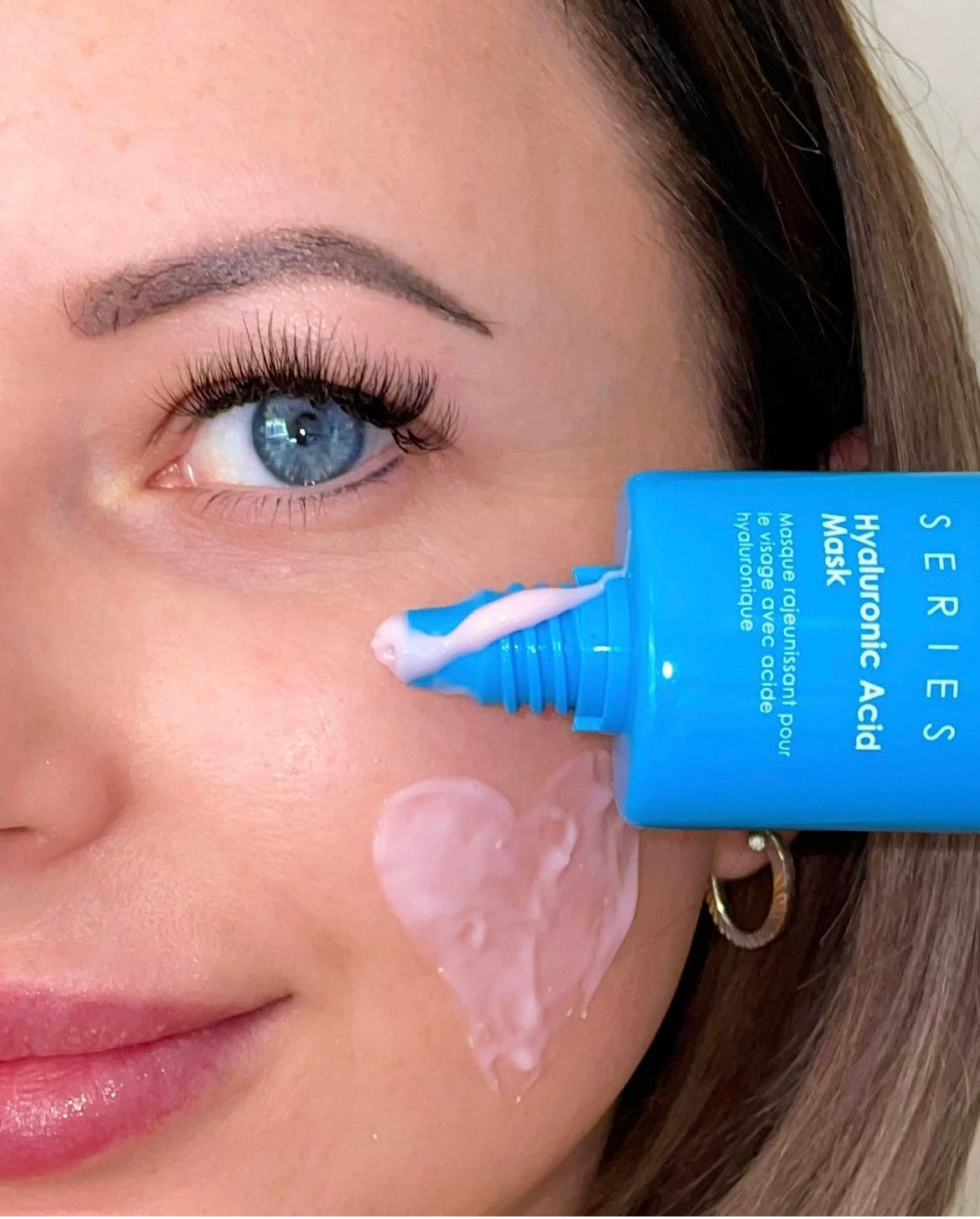
What Damages Collagen & How To Prevent Further Loss
What damages our collagen?
Sunlight: exposure to ultraviolet (UV) light breaks down the skin's connective tissue (collagen and elastin fibres) which lie in the dermis (the deeper layer of skin). Sun damage and the breakdown of collagen can lead to wrinkles - so don't forget to apply a broad-spectrum sunscreen with an SPF of 30 or more.
High Sugar Diet: A high-sugar diet increases the rate of glycation, a process where blood sugars attach to proteins to form new molecules called advanced glycation end products (AGEs). AGEs damage nearby proteins and can make collagen brittle, dry and weak.
Smoking: Many of the chemicals present in tobacco smoke damage both collagen and elastin in the skin. Nicotene also narrows the blood vessels in the outer layers of the skin. This reduces skin health by reducing the delivery
Autoimmune disorders: Some autoimmune disorders cause antibodies to target collagen.
Genetic changes can affect the quantity and quality of collagen. The collagen that is produced can be lower, or it may be dysfunctional, mutated collagen.
The ageing process causes collagen levels to deplete naturally over time. There is no way to prevent this.
How can I protect my collagen?
Vitamin C: without sufficient vitamin C over prolonged periods, a person is likely to develop scurvy. When this happens collagen can't be made and skin begins to fall apart. So, top of our list of protecting your collagen is getting plenty of anti-oxidant fresh fruit and vegetables in your diet.
Exercise increases oxygen delivery and bloody supply to collagen, helping make skin healthier.
SPF: think of SPF as your collagen's bodyguard that you wear daily. A study of 900 Australians which appeared in the Annals of Internal Medicine found that fair-skinned people who ramped up their sunscreen use, applying it at least three to four times a week, showed no detectable signs of aging after four and a half years and had smoother skin (which in part indicates healthier collagen) compared with those who maintained usual, less-frequent sunscreen application.
Quit smoking and avoid sugary foods and drinks.
What next?
In our next post we will navigate our collagen offering here at skinChemists and help you to decide which products are right for you.
Till next week.
Warmth,
Michael.
Editor at skinChemists



